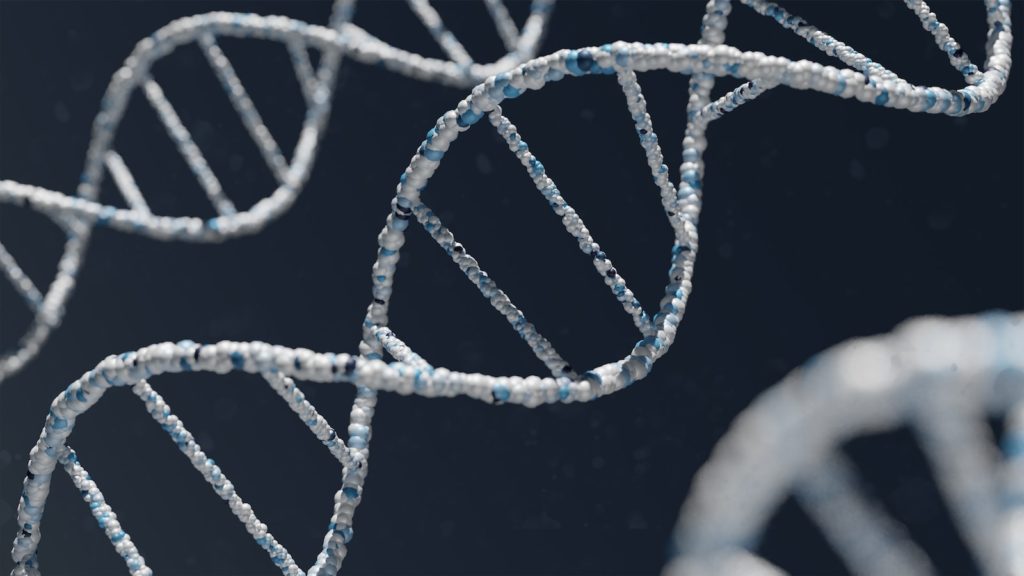How do some children are born genius and passionate? | Genes or Upbringing
Within the intricate web of human potential, the emergence of exceptional talent in young children, often accompanied by passionate interest, presents a fascinating riddle. Exceptional talents observed in young prodigies often prompt curiosity about the roots of their abilities. Finding the origins and development of such early proficiency compels a thorough exploration of both inherent inclinations and external influences. Let’s try to understand the science and factors influencing such unprecedented genius.
Early Genius and Passion

The phenomenon of immense talent displayed by exceptional personalities like Mozart, John von Neumann, and others at young ages, showcases exceptional abilities emerging at remarkably early years. Their aptitudes seemed inherent, transcending conventional learning trajectories. These prodigies astounded the world with musical compositions, mathematical theories, and scientific discoveries that defied their tender ages, prompting curiosity about the origins of such instinctive ability.
Instances of innate intellect:
- Mozart was the child prodigy par excellence. By age 3, he composed minuets, and at 5, flawlessly performed complex pieces. He toured Europe as a child, dazzling audiences with his musical genius.
- John von Neumann, the Hungarian American mathematician, exhibited an extraordinary intellect from an early age. Accounts from his biographers narrate fascinating anecdotes, claiming that by the age of six, he could banter with his father in classical Greek. At times, he would commit entire pages from the telephone directory to memory, effortlessly answering inquiries about names, numbers, and addresses or simply reciting the entire page from start to finish.
Source: Britannica
Exceptional Talents Against Ancestral Norms
The emergence of exceptional talents in children, divergent from familial expertise or historical norms, highlights the intricate nature of intuitive abilities. This phenomenon of children displaying exceptional abilities in fields where their ancestors lacked expertise is a testament to the complexity of genetics and human potential. It challenges conventional notions of talent inheritance. These exceptions emphasize the potential influence of unique environmental factors that contribute to the manifestation of intelligent abilities, often transcending familial legacies.
Development of Passion and Intelligence: Genetics & Growing-up Environment

The formation of a child’s interest and passion involves a complex interplay of many factors. While genetics lay the foundation for potential inclinations, a child’s environment and early experiences profoundly shape their interests. Encouraging a child’s curiosity, exposing them to diverse stimuli, and providing supportive mentorship significantly influence the development of inherent talents. Nurturing environments that foster exploration and experimentation play a pivotal role in developing and amplifying these intelligent traits.
Insights
The precise reasons behind some children being born talented and passionate are complex and not fully understood. However, these are some of the contributing factors that may play a role:
- Genetic Heritability: While the exact genes responsible for exceptional intelligence and passion are not fully identified; research suggests that intelligence, creativity, and certain personality traits like curiosity and perseverance have a strong genetic component. Children inheriting specific genes from their parents may be more inclined to have higher cognitive abilities and passion for specific fields or activities.
- Early environment: The early years are crucial for the brain development of a child. A stimulating and nurturing environment rich in opportunities for learning, exploration, and creative expression can foster the growth of intellect and passion.
- Learning styles: Some children have a natural affinity towards learning and exploring, while others may require more structured environments and external motivation. Understanding a child’s learning style and adapting teaching methods accordingly can help them thrive and reach their full potential.
- Temperament: Personality traits like curiosity, perseverance, and a willingness to take risks are associated with higher levels of achievement. Children possessing these traits may be naturally drawn towards learning and exploring new areas of interest.
- Passion and intrinsic motivation: The presence of genuine passion and intrinsic motivation plays a crucial role in driving a child’s dedication and commitment to a particular field or activity. When a child is intrinsically motivated, they are more likely to persevere through challenges and achieve their goals.
It’s important to understand that the concept of “genius” is multifaceted and often subjective. While some may excel in academic pursuits, others exhibit exceptional talent in creative fields, athletic endeavors, or other areas. It is necessary to celebrate and nurture all forms of talent and potential, providing children with opportunities to explore their diverse interests and passions.
You may like: Digital Detox: 16 Steps Guide to Restrict Smartphone Usage in Free Time
Role of Upbringing and Education

A child’s upbringing and educational environment play critical roles in cultivating their inborn talents. Supportive family dynamics, access to educational resources, and exposure to varied experiences contribute to the refinement of natural abilities. Early identification of a child’s intellect and providing them with appropriate guidance and opportunities can further augment their natural skills. A nurturing environment that fosters a growth mindset and encourages exploration is pivotal in nurturing and refining these inherent abilities.
Modern World: Biotechnology, Superior traits
As biotechnology progresses, the prospect of leveraging gene-editing tools like CRISPR-Cas9 to augment human capabilities in future generations creates astonishment and anticipation. Imagine children with enhanced immunity to diseases, augmented athleticism, or cognitive prowess exceeding our current knowledge.
Though, the possibility of leveraging biotechnology to amplify innate human abilities and enhance specific traits in children sounds no-less like science fiction; ethical implications and the impact of altering genetic susceptibility, necessitate critical understanding.
The unique perspective on the multifaceted nature of exceptional abilities in children is as intriguing as it is intricate. Understanding how genetics, environment, upbringing, and individual inclinations interact, sheds light on the development of innate genius and passion in young prodigies. Moreover, it also provides insight into the intricate science of extraordinary human abilities.
The question of exceptional talents in children continues to fascinate and inspire astonishment. While genetics and environmental influences contribute to a child’s inborn abilities; the complex interplay between genetics and nurturing environment remains a subject of ongoing research. Unfolding the origin of natural genius and passion in children, we confront the intricate essence of human potential. Understanding these factors not only sheds light on the origins of exceptional talents but also prompts reflection on advancing biotechnology in the pursuit of exceptional human abilities.